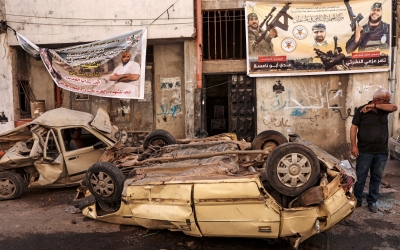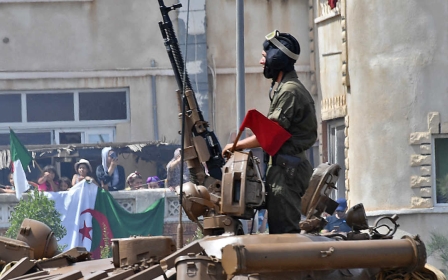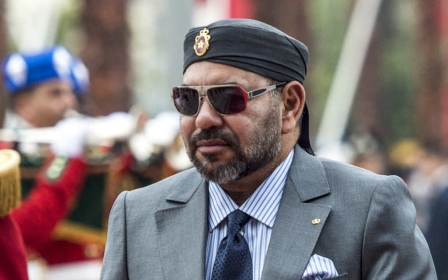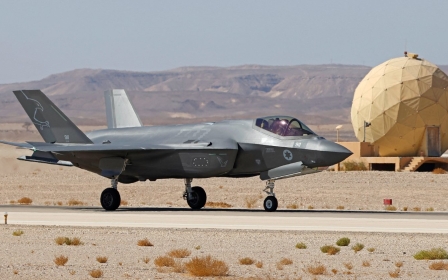Israel links Moroccan Western Sahara recognition to Negev Forum
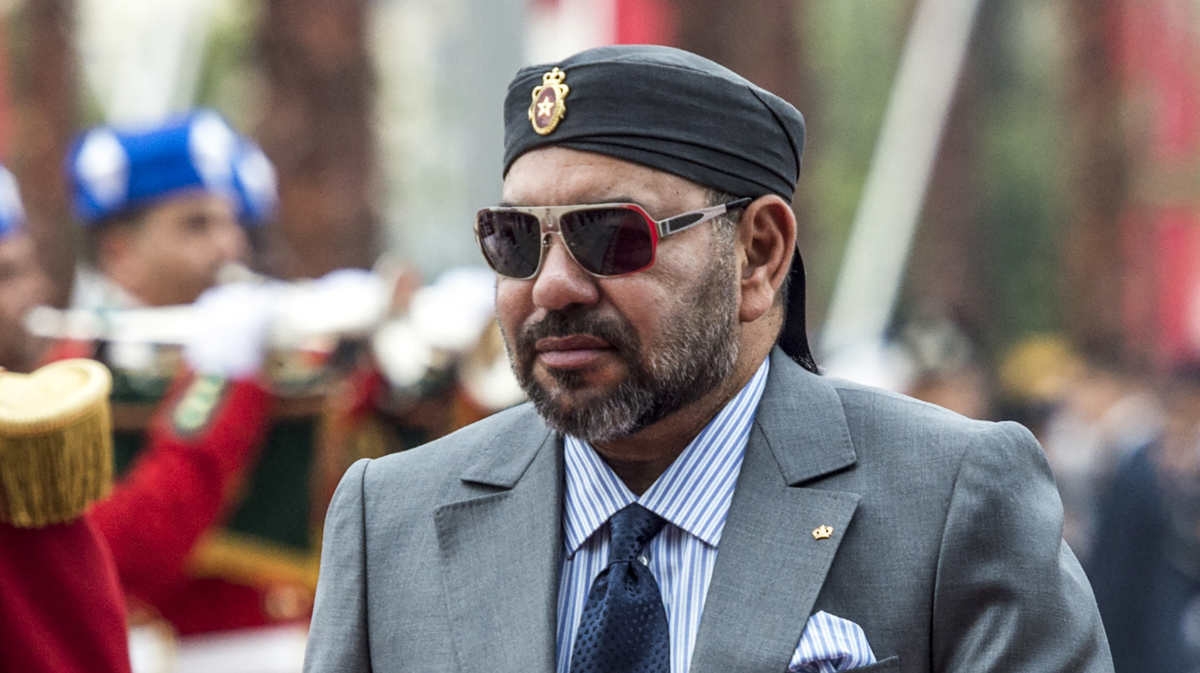
Israel has conditioned its decision to recognise Morocco's sovereignty over the disputed Western Sahara on whether Rabat convenes the Negev Forum this year. The ultimatum comes after Morocco cancelled the event in protest over Israel's military campaign in the occupied West Bank and illegal settlement expansion.
Morocco cancelled the forum last month over what Foreign Minister Nasser Bourita called Israel's "provocative and unilateral acts" that "undermine peace efforts in the region".
In the announcement, he criticised an Israeli army raid on Jenin where an Apache helicopter was deployed. The attack killed at least five Palestinians and wounded 91. In response, four Israeli settlers were killed in a shooting in Eli settlement.
Prime Minister Benjamin Netanyahu expanded the construction of illegal settlements in the town in a move Israel's government characterised as a response to the shooting. The move brought the total number of settlements Israel recently approved to 5,700. Since Netanyahu came to power last year, Israel has advanced or approved permits for 13,000 new housing units, the highest number on record since 2012.
Tensions in the occupied West Bank have only escalated since then. On Monday, Israel launched a large-scale military attack on Jenin. Heavy fighting has been reported between Palestinian fighters and Israeli troops. On Monday evening, the Israeli army stormed Jenin's Al-Ansar Mosque, claiming that armed men were holed up inside it.
New MEE newsletter: Jerusalem Dispatch
Sign up to get the latest insights and analysis on Israel-Palestine, alongside Turkey Unpacked and other MEE newsletters
Israel has faced international condemnation for the attack. Arab states in particular have criticised the attack. Egypt's ministry of foreign affairs characterised the attack as "excessive and indiscriminate [use of] force" and "a flagrant violation" of international law.
Egypt's top diplomat, along with those from Israel, the UAE, Bahrain, Morocco and the United States attended the first Negev Summit in Israel last year.
Normalisation becoming impossible
Morocco was slated to host the event this year and the countries have held a series of meetings to plan for the summit. A meeting was delayed in March amid heightened tensions in the occupied West Bank during the overlap of Passover, Easter and Ramadan. Axios reported earlier this month that Morocco asked for the meeting to be delayed in June due to the Islamic holiday Eid al-Adha. The summit was slated to be held in July.
The UAE, Morocco and Bahrain established official relations with Israel in 2020 as part of the US-brokered Abraham Accords. The aim of the summit is to cement normalisation by increasing coordination between the countries on issues such as security, energy, tourism, education and water security.
The move broke with decades of precedent in the Arab world which held that countries would not officially recognise Israel until a resolution that led to Palestinian statehood was reached.
Morocco has swiftly moved ahead to expand ties with Israel, which existed unofficially for decades. Earlier this month, Israel's top diplomat in Morocco said the country was considering recognising Moroccan sovereignty over the disputed Western Sahara.
Morocco annexed the territory after Spain withdrew from its former colony in 1975. It has been engaged in a simmering conflict with the Polisario Front, a national liberation movement representing the indigenous Sahrawi people. In 2020, the US recognised Morocco's claim of sovereignty over Western Sahara in exchange for Rabat's normalisation of ties with Israel - a major diplomatic coup for Rabat.
Recently, Israel appeared to be courting Rabat by flirting with recognising Morocco's sovereignty over the region as well. A successful summit would have been a win for Netanyahu, who has trumpeted his ability to achieve normalisation with Arab states without granting concessions to the Palestinians.
But ties have been strained by Israeli actions. Last week, US Secretary of State Antony Blinken said that the ongoing violence in the occupied West Bank was making it nearly impossible to make progress on normalisation between Saudi Arabia and Israel.
This article is available in French on Middle East Eye French edition.
Middle East Eye delivers independent and unrivalled coverage and analysis of the Middle East, North Africa and beyond. To learn more about republishing this content and the associated fees, please fill out this form. More about MEE can be found here.


